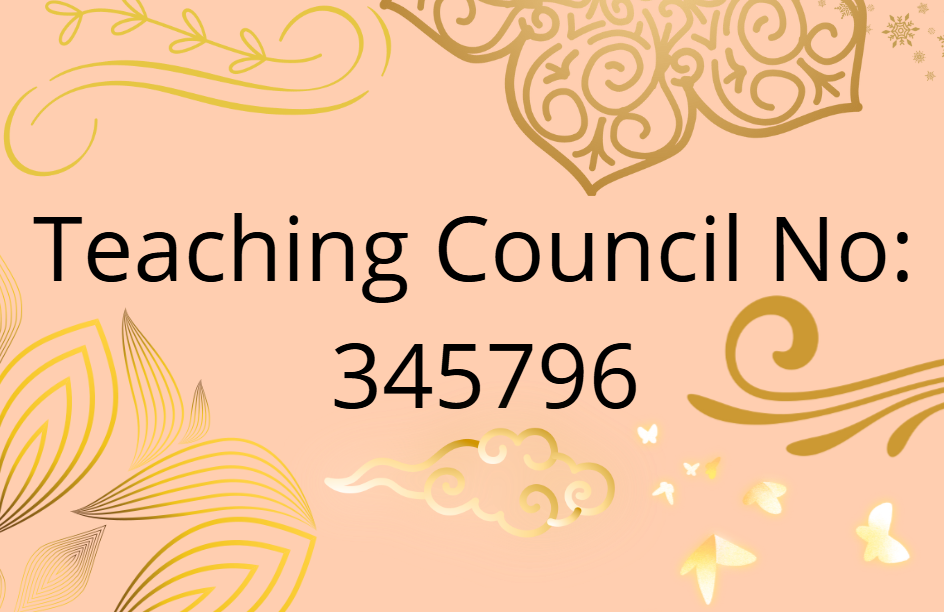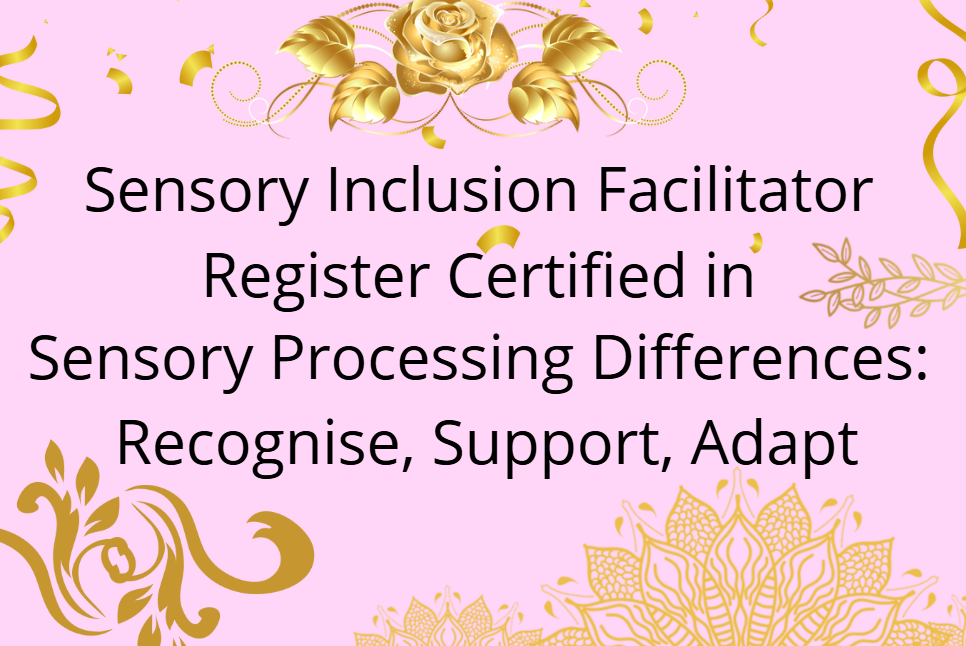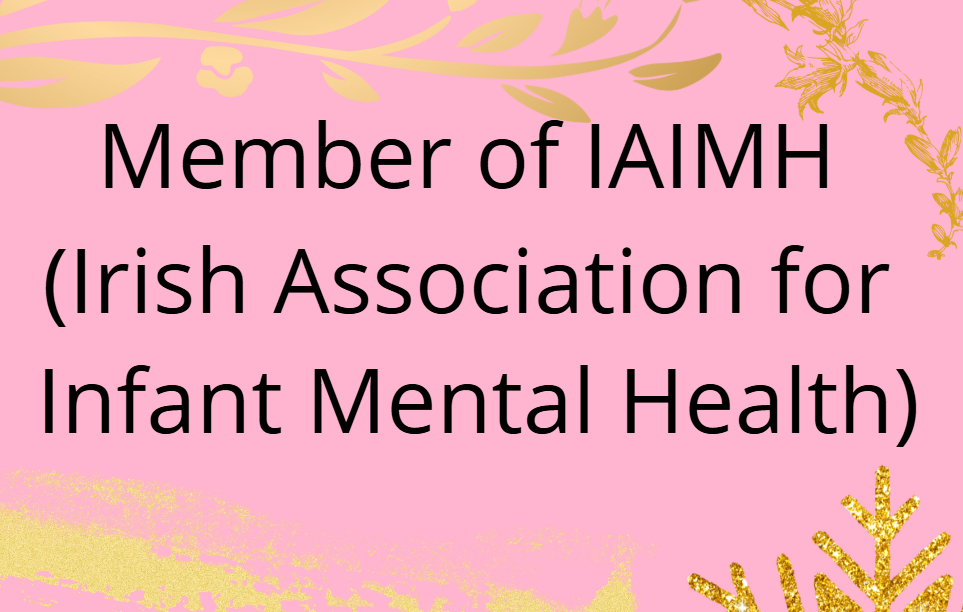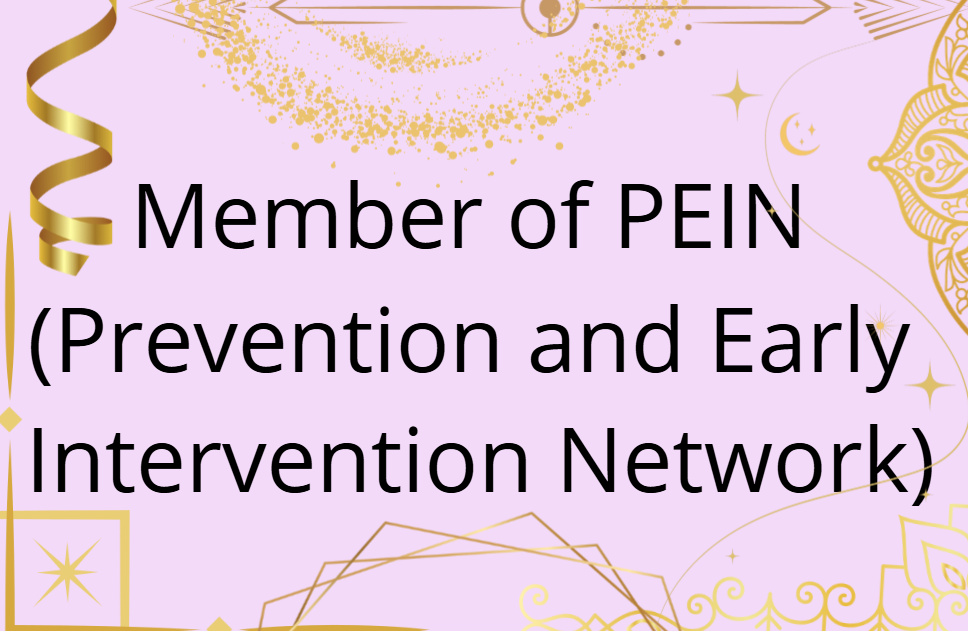Helping Your Child Grow: How Chores Build Thinking and Life Skills
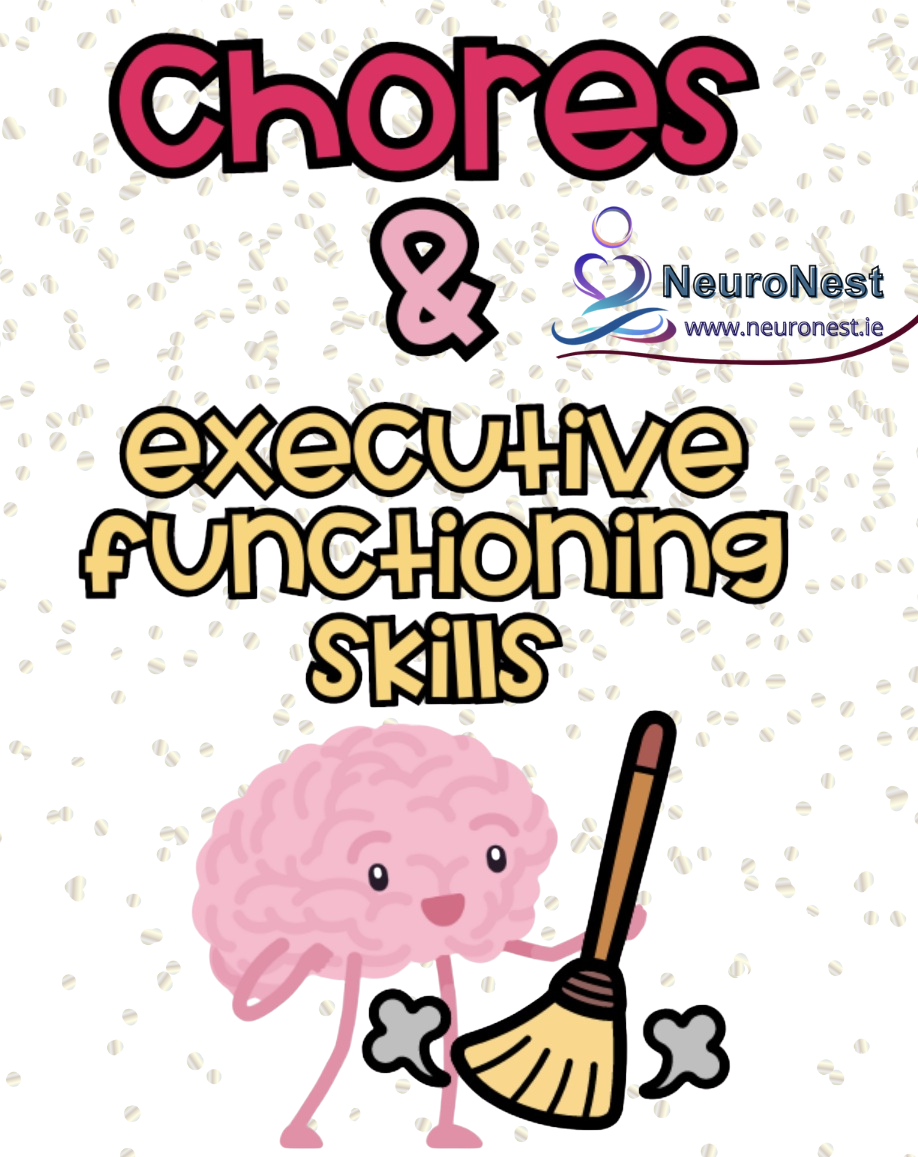
Author: Kristina Rautek Potocnik, BA (Hons) Ed. Rehab., HDip Early Childhood Studies, MA Early Intervention & Inclusion, Cert. Play Therapy | SI | ASD | Reflexes, ongoing MSc SLT
How Chores Help Children Develop Important Thinking Skills
Many children enjoy helping around the house, especially when they’re young. They love to carry things, clean small messes, or copy what adults are doing. As they grow, however, their excitement for chores might change. But even if children complain about chores, doing them can actually help their brains grow.
At NeuroNest, we believe that everyday tasks are a great way to build important life skills. One group of skills that children need for school, work, and daily life is called executive functioning skills. These are the mental tools we use to plan, focus, stay organized, manage time, and handle problems. And the good news is — children can build these skills by doing chores at home.
What Are Executive Functioning Skills?
Executive functioning means the brain’s ability to think ahead, make a plan, stay focused, finish a task, and deal with distractions or problems. These are the skills that help a child start something, stick with it, and finish it well. They are not fully developed in young children, and they continue to grow through the teenage years and into early adulthood.
This is why practice is so important. And one of the best ways to practice is through real-life tasks — like chores.
Why Are Chores So Helpful?
When a child helps with daily tasks at home, they are learning to be responsible. But they are also practicing important brain skills. Chores help them learn how to:
- plan what to do
- get started
- remember steps
- manage their time
- focus on details
- stay calm when something is hard
- change plans when needed
- check their own work
Chores are more than just helping out — they are small lessons in thinking, organizing, and problem-solving.
How Chores Build Executive Functioning Skills
Let’s look at some examples of how different brain skills are used during chores.
Getting Started Some children don’t know how to begin a task. Starting can feel hard. Breaking a chore into small steps helps. For example, instead of saying “clean your room,” you might say: – First, pick up all the clothes. – Then, put the toys in the box. – After that, make the bed.
Small steps make the task feel easier and help the child begin with confidence.
Planning and Organizing Some chores need a plan. If your child is setting the table, they need to know what goes where. If they are doing laundry, they might need to separate colours or check if detergent is ready. Helping them think ahead — “What do we need?” or “What should we do first?” — builds planning skills.
Solving Problems Sometimes things don’t go as planned. Maybe the vacuum doesn’t reach the corner. Maybe there are too many toys in the way. When this happens, help your child stop and think: – “What can we do instead?” – “How can we fix this?” Problem-solving builds confidence and independence.
Managing Time Some children take too long with a chore, while others rush. Using a timer can help. For example, “Let’s see if we can finish vacuuming in 10 minutes.” This helps them understand how long a task should take and how to stay on track.
Paying Attention to Details Children often say they’re “done,” but parts of the job are missing. Teaching them what “done” really means is important. If they are cleaning a bathroom, show them where to check — behind the toilet, around the sink, or on the mirror. You can also walk through the task with them at first to show what a complete job looks like.
Staying Calm and Focused Many chores are not very exciting. Children may feel bored, frustrated, or want to stop halfway through. But finishing a task builds patience and emotional control. Encourage your child to keep going, even when it’s hard. Praise their effort, not just the result.
Being Flexible Plans sometimes change. Maybe the cleaning spray is empty. Maybe someone else already started the job. In these moments, your child can learn to be flexible. Ask: – “What else could we use?” – “Can we do something else and come back to this later?” These little moments teach children to adapt when things don’t go their way.
Checking Their Own Work After finishing a chore, ask your child to look at what they did. Help them ask: – “Did I finish all the steps?” – “Does it look clean?” – “What could I do better next time?”
This helps them learn self-reflection and take responsibility for their work.
Which Chores Are Good for Learning?
Almost any chore can help build executive functioning skills. Some good examples include:
- Making the bed
- Sorting laundry
- Cleaning up toys
- Washing dishes
- Feeding pets
- Watering plants
- Setting or clearing the table
- Vacuuming or sweeping
- Organizing school supplies
- Helping with cooking or baking
- Taking out the rubbish
- Cleaning windows or mirrors
The goal is not to do the chore perfectly. The goal is to build thinking skills and routines that will help your child in all areas of life — at home, in school, and later in work.
Tips for Parents
- Create a simple weekly routine (for example: clean your room every Saturday, feed the dog every morning).
- Break big tasks into smaller steps.
- Use checklists or simple pictures to help younger children follow the steps.
- Use timers to help children understand how long a task should take.
- Praise effort and improvement, not just the final result.
- Talk about the benefits of doing the chore (a clean space, more time to play, feeling proud of finishing).
- Be patient. Skills take time to grow.
Final Thoughts
Chores may seem small, but they are full of learning. When children help at home, they are not just being helpful — they are learning how to think, plan, solve problems, and take responsibility.
At NeuroNest, we believe that real life offers the best learning. Helping with chores is one simple, powerful way to support your child’s growth. One task at a time, one skill at a time — and always with support, encouragement, and love.
Latest Posts
- How children make sense of the world through their senses
- How your baby learns about the world through their senses
- Helping your child grow stronger through movement and play
- Understanding How Early Intervention Helps Children Learn, Move, and Connect
- How to Recognise Tactile Defensiveness and Help Your Child Feel Safe
- Understanding Feeding Challenges and How to Support Your Child at Home
- Let’s Talk Sitting: Exploring Floor Seating Options
- Retained Primitive Reflexes: The Hidden Cause Behind Developmental Struggles
- Where Curiosity Blossoms: How Children's Play Nurtures Growth for All
- Helping Your Child Through Stress: A Gentle Guide for Parents
- Sweet Little Lies – How to Recognise and Respond with Care
- Chores Are More Than Just Tasks – They’re a Tool for Growing Independence, Focus, and Confidence
- How to Help Children Develop Emotional Intelligence
- Blending Technology and Care: How VR Meta Quest Supports Children at NeuroNest
- A simple guide for parents who want to raise confident, happy children
- Setting Boundaries with Love: A Simple 3-Step Guide for Parents
- Understanding Behavior Through the Nervous System
- A Compassionate Lens on Dysregulation in Non-Speaking Autistic Individuals
- Supporting Development Through Movement: The Role of the Swing in Early Intervention
- Blending Tradition and Innovation: How NeuroNest Supports Your Child’s Unique Journey
- When Movement Meets Innovation: Supporting Child Development with GoBalance
- Why Visual Perception Matters for Everyday Life and Development
- Benefits of Chess in Early Intervention
- Building Healthy Nutrition from the Start
- A Journey Back to Your True Self
- Supporting Your Child’s Hand Skills for Confident Writing
- Blending the Best of Both Worlds
- Helping Toddlers Eat Well: A Parent’s Guide
- Why Tummy Time Matters for Your Baby's Development
- Helping Your Child Build Everyday Independence
- Who Are the Disconnected Kids?
- From First Tries to Automatic Habits: Understanding the Stages of Skill Learning
- Why a Child’s Level of Alertness Matters for Memory and Learning
- Early brain development starts before birth
- Why Slowing Down, Adapting Tasks, and Adding Breaks Helps Children Learn Better
- Why ADHD, Autism, Dyslexia and Other Challenges Need a New Approach
- The surprising power of copying in child development
- Books are more than just language tools—they’re powerful allies in sensory and motor development.
- Rethinking sensory support: moving beyond expensive rooms toward everyday understanding.
- Understanding how fear develops in a child’s brain
- Understanding how an early baby reflex can affect your child’s daily life
- A gentle start into baby development through movement and bonding
- A child-centred, research-informed approach that uses the power of play to support communication, emotional regulation, motor development, and meaningful growth from infancy to twelve years.
Our Partners




Our Memberships






